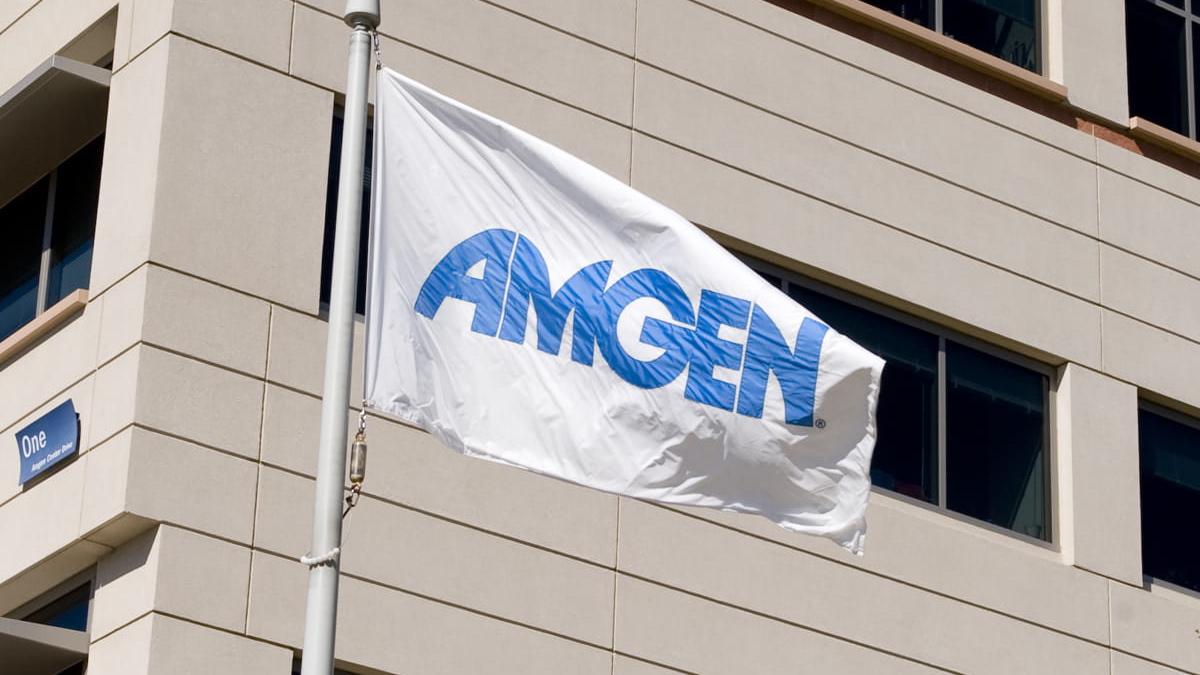Amgen's big reveal of obesity data falls a little flat

Top-line phase 2 results with Amgen's MariTide drug for obesity are finally in – but the highly anticipated doesn't seem to have lived up to investor expectations.
MariTide (maridebart cafraglutide; previously AMG 133) has emerged as one of Amgen's most promising pipeline projects thanks to its potential to offer once-monthly or even less frequent dosing, in contrast to current drugs like Novo Nordisk's Wegovy (semaglutide) and Eli Lilly's Zepbound (tirzepatide) that need to be injected every week.
That increased convenience will have to be accompanied by weight loss that is at least as effective as its rivals, and Amgen reckons it has achieved that with an average 20% reduction in body weight at 52 weeks in people overweight or living with obesity.
Meanwhile, subjects who also had type 2 diabetes – who typically lose less weight with GLP-1 agonist therapies – saw a 17% decrease in weight, as well as a 2.2% reduction in HbA1c, indicating improved blood glucose control.
There was also no evidence at that time point that the weight reduction was tailing off or plateauing, indicating the potential for further weight loss beyond 52 weeks, according to Amgen, which described the results as "robust" in a statement.
The results also make MariTide the first obesity treatment with monthly or less frequent dosing to show effective weight loss in a phase 2 study, according to the company.
Despite that assessment, shares in Amgen lost nearly 5% of their value after the top-line data was announced, which analysts suggested could be a consequence of high expectations drummed up by Amgen in comments on MariTide earlier this year.
There had been speculation among analysts that MariTide could achieve weight loss in the 20% to 25% range, so it seems there was disappointment that the phase 2 result came in at the lower end of that range.
That said, analysts at William Blair said earlier this year that a 20% reduction – coupled with a good safety profile and less frequent dosing – would give the drug "multi-blockbuster potential, despite needing to penetrate the current duopoly with significant competition in clinical development."
A back-of-the-envelope comparison puts MariTide with a slightly better weight loss than Wegovy and roughly in line with Zepbound, which William Blair has now acknowledged is below market expectations in a new research note.
Safety came in largely as expected, with gastrointestinal problems the most frequently reported side effect, although, there were some suggestions that nausea and vomiting may be slightly more problematic than MariTide's rivals on initial dosing.
Amgen also reiterated its position that changes in bone mineral density that drew attention earlier this month showed "no association" with the drug.
It's worth noting that the phase 2 trial looked at a range of doses and dosing frequencies, so a clearer picture of the drug's potential will come when the data is presented in full at a future medical congress and a regimen is selected for planned phase 3 trials.
William Blair's assessment is that MariTide is an improvement on current obesity therapies, with a profile that "will be appealing in what is largely becoming a consumer-driven market, and combined with manufacturing advantages will result in meaningful market share, despite being several years behind in development."












